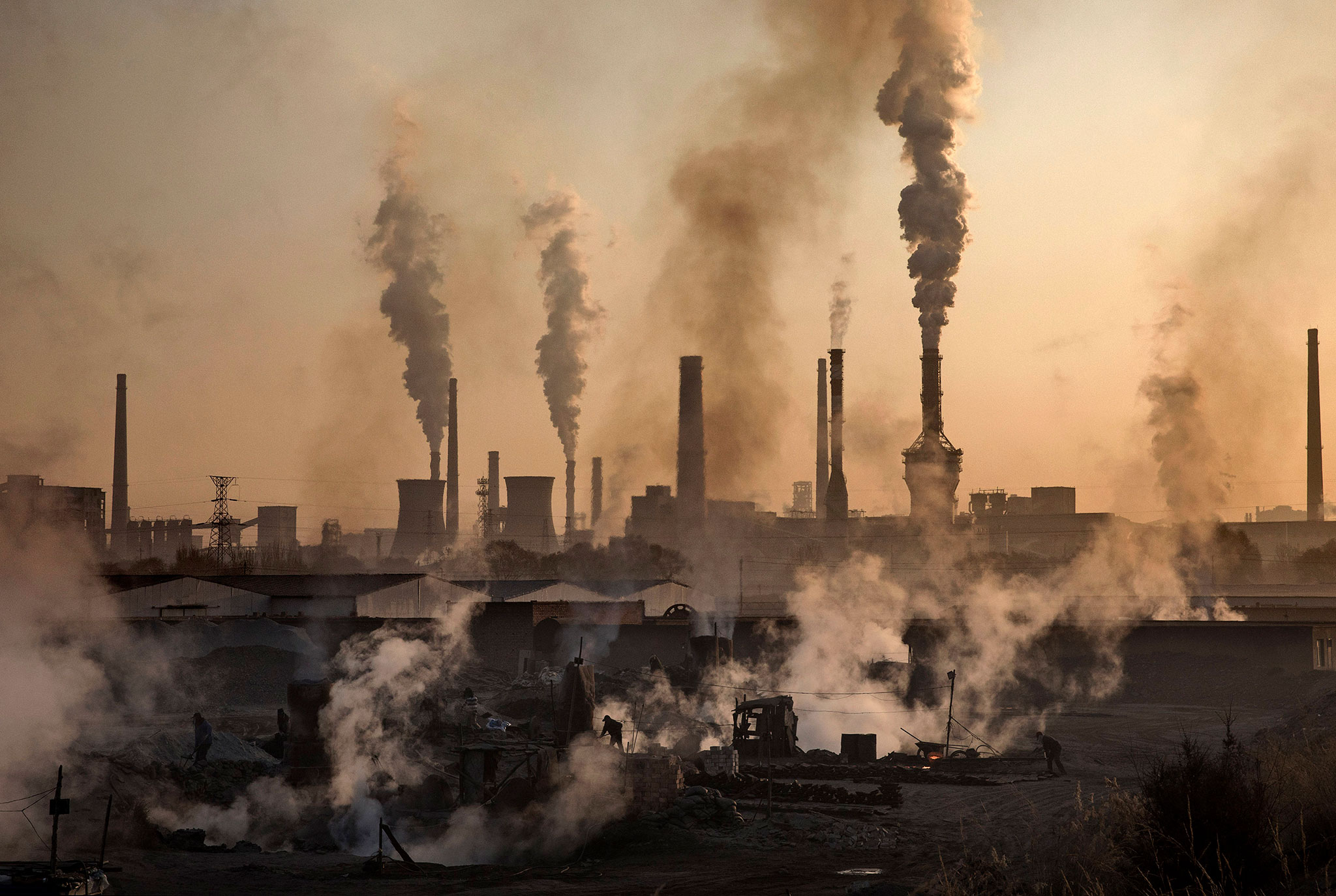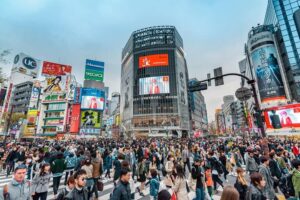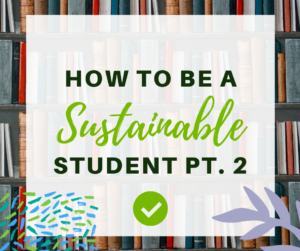Ella Kissi-Debrah was a young, 9-year old girl who grew up and went to school near the busy neighborhood surrounding South Circular Road in Lewisham, London. An innocent child, exploring the world and learning new things, Ella didn’t realize the silent damage that was occurring to her body. As someone who suffered from asthma, Ella’s lungs faced great deterioration as she went to school every day in the bustling city traffic. In 2013, Ella passed away due to the terrible cough she had developed over the course of the past several years paired with her worsening asthma.

The culprit? Air pollution.
Air pollution is known as a silent killer; we would never know when it will strike. The consequences of it are far too devastating to ignore, as we see with Ella’s story.
For several decades, air pollution has fueled climate change and has contributed to degenerating global warming further. Excessive carbon dioxide emissions paired with additional air pollution have been proven to affect the amount of incoming sunlight in the Earth’s atmosphere, with several pollutants distorting the Earth’s temperatures. These pollutants increase every single day, making our atmosphere far more concentrated with methane, ground-level ozone, black carbon, and sulfate aerosols – substances that we should not be breathing. According to the Institute for Advanced Sustainability Studies, “approximately 7 million premature deaths annually are due to effects of air pollution, about 4 million of which are due to ambient (outdoor) air pollution. Beyond shortening lives, air pollution can negatively impact our day-to-day lives, causing respiratory illness and leading to days of missed work and school. Children are especially vulnerable to the impacts of air pollution: exposure to air pollution in early childhood, when lungs are still developing, can lead to reduced lung capacity that persists throughout childhood.”
But a question that arises is this: what is causing air pollution and what are its effects?
There are many sources of air pollution which contribute to blackening our atmosphere. Some outdoor sources include exhaust from vehicles, emissions from factories and planes, aerosol cans, cigarette smoke, etc. These sources of air pollution are known as anthropogenic sources, meaning that they are man-made sources of air pollution. There are also some natural sources of air pollution, such as smoke from wildfires or ash from volcanoes. Indoor pollution can occur as well: naturally-occurring radon gas (a carcinogen, meaning it can cause cancer), can often build up inside homes. Construction materials such as improper installment of insulation or ventilation can spread toxic mold spores throughout the air in peoples’ homes. Breathing in these toxic mold spores can make people fall severely ill. These forms of air pollution can cause a wide range of health problems as well: some short-term effects include illnesses such as pneumonia, bronchitis, nausea, dizziness, irritation of the eyes, skin, and mouth, etc. Long-term effects include lung cancer, heart disease, and various respiratory diseases such as emphysema and asthma. These diseases primarily affect vulnerable populations such as children and senior citizens.
Air pollution also affects animals; entire ecosystems can suffer from birth defects, lower reproductive rates, and various diseases because of air pollution. Some air pollutants, particularly sulfur dioxide and nitrogen oxide, can combine together to form acid rain. Acid rain, when it falls on the Earth, can change soil composition, damage plants, and crops, degrade water quality and cause buildings to decay. All these effects of air pollution together can affect every aspect of our day-to-day lives and destroy the Earth’s resources in the long run; making sustainability in the future a hard task. These problems cannot only lead to the endangerment of so many species but also hinder the lives of humans in the future and now. We cannot sit quietly as more children like Ella are affected by air pollution, as more populations of animals grow extinct, and as our societies begin to crumble through the lasting effects of air pollution; we must take an initiative to put an end to this so that future generations can live breathing healthy air and that the Earth prospers with healthy ecosystems and wildlife.
So what can we do to solve this problem?
Air pollution is a problem that is of great magnitude, but that doesn’t mean we cannot solve it. If every person takes the initiative and does their part, then, in the long run, the effects of air pollution would be significantly reduced. Here are some ways we can help reduce air pollution on a daily basis:
- Limit the use of cars, and use other forms of transportation such as bicycles and walking. Not only are they eco-friendly methods of transportation, but healthy for us too, as we get more physical exercise.
- Choose eco-friendly paints and cleaning products that won’t negatively impact the environment. Here’s a link to some eco-friendly products you can use: https://www.thegoodtrade.com/features/natural-eco-friendly-cleaning-products-for-the-conscious-home
- Look for an ENERGY STAR label when purchasing office or home equipment.
- Conserve energy by switching off the lights when they aren’t in use.
- Keep any car or vehicle engines in proper condition. Many vehicles’ engines can emit harmful gases when not properly maintained/in good condition.
- Follow gasoline refueling instructions carefully! Gasoline is a substance with high vapor pressure, meaning it can be absorbed into the atmosphere easily. For these reasons, it is important to ensure that everyone follows the rules at gas stations and is careful not to spill any gasoline.
- If the use of a car is a must (perhaps for far destinations), then carpool with a neighbor, or combine errands to reduce the number of trips taken by your car.

Along with our daily contributions, it is important that there be a governmental initiative to enforce stricter regulations on the reduction of air pollution. Although there are some regulations enforced by the EPA (U.S. Environmental Protection Agency), such as the Clean Air Act, Clean Water Act, and Toxic Substances Control Act; we need more enforcement of such laws in all areas. Link to EPA website: https://www.epa.gov/laws-regulations
All in all, stronger efforts need to be made to resolve the problem of air pollution entirely; but at the moment, we can do our best to at least assuage the situation. By taking a small step at a time, we all can make a big difference in the long run.
Works Cited:
Ella Kissi-Debrah ‘pollution’ death: New inquiry plea lodged. (2019, February 15). Retrieved from https://www.bbc.com/news/uk-england-london-47255859
National Geographic Society. “Air Pollution.” National Geographic Society, 9 Oct. 2012, www.nationalgeographic.org/encyclopedia/air-pollution/.
Unger, et al. “Air Pollution and Climate Change.” Institute for Advanced Sustainability Studies, www.iass-potsdam.de/en/output/dossiers/air-pollution-and-climate-change.
“Actions You Can Take to Reduce Air Pollution | Ground-Level Ozone | New England | US EPA.” EPA, Environmental Protection Agency, 27 Sept. 2018, www3.epa.gov/region1/airquality/reducepollution.html.



Everything is very open and very clear explanation of issues. was truly information. Your website is very useful. Thanks for sharing.